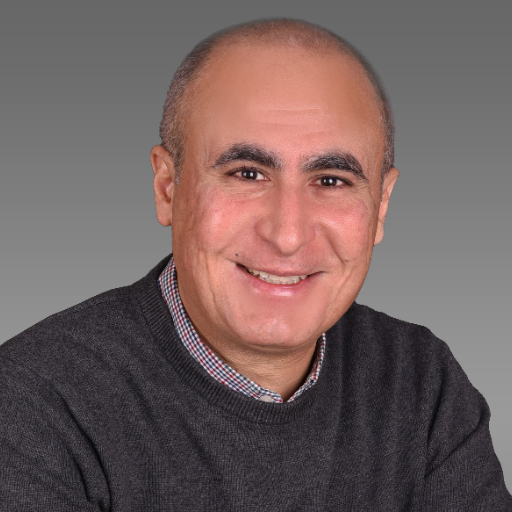
Khaled E. Galal
Thesis supervisor Seeking students
- Professor, Building, Civil, and Environmental Engineering
Are you the profile owner?
Sign in to editResearch areas: Structural Engineering, Seismic rehabilitation of reinforced concrete and masonry structures, Applications of advanced composite materials in upgrading of structures, Performance-based design of structures, Modeling of building structures and bridges, Earthquake engineering and structural dynamics
Contact information
Email:
Website:
Biography
Dr. Galal joined the Department of Building, Civil, and Environmental Engineering at Concordia University as an Assistant Professor in 2004 and was promoted to Associate Professor in 2008 and to Professor in 2014. Dr. Galal earned his Ph.D. degree from McMaster University, Canada (2002), followed by two years as Postdoctoral Fellow in the Earthquake Engineering Research Group and the Centre for Effective Design of Structures at McMaster University (2002-2004). He earned his M.Sc. (1998) and B.Sc. (1993) degrees from Ain Shams University, Egypt.
Research interests
- Seismic rehabilitation of reinforced concrete and masonry structures
- Applications of advanced composite materials (FRP) in new structures and in upgrading deteriorating structures
- Use of concrete and masonry for sustainable buildings
- Modelling and rehabilitation of deteriorated bridges
- Mitigation of progressive collapse of buildings
Teaching
Courses taught
- BCEE 324: Structural Analysis I
- BCEE 345: Structural Design II: Reinforced Concrete Design
- CIVI 453: Design of Reinforced Concrete Structures
- BLDG 490: Capstone Building Engineering Design Project
- CIVI 490: Integrated Civil Engineering Capstone Design Project
- BCEE 455/6581: Introduction to Structural Dynamics
- CIVI 6001: Advanced Reinforced Concrete
- CIVI 6101: Planning and Design of Bridges
- CIVI 6011: Precast and Prestressed Concrete Structures
- BLDG 6061: Structural Systems for Buildings
- CIVI 6081: Composites in Concrete Structures
Publications
Please see the website

